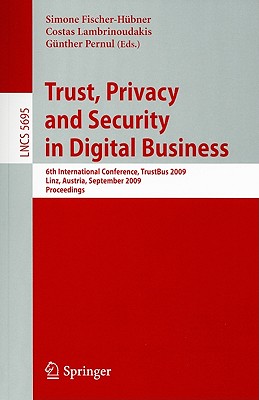|
As technology continues to advance at a rapid pace, the issue of electronic waste, commonly known as e-waste, has become a growing concern. E-waste refers to discarded electronic devices such as computers, smartphones, tablets, and televisions. The improper disposal of these devices can lead to serious environmental and health consequences. However, technology also plays a crucial role in managing and mitigating the impact of e-waste. One of the key ways technology contributes to e-waste management is through recycling and proper disposal methods. With the development of advanced recycling technologies, it has become easier to extract valuable materials from electronic devices and recycle them for future use. For example, precious metals like gold, silver, and palladium can be recovered from circuit boards, while plastics and other components can be processed and reused. These recycling processes not only reduce the need for raw materials but also help prevent harmful substances from entering the environment. Another significant aspect of e-waste management that technology facilitates is data security. When disposing of electronic devices, it is essential to ensure that all sensitive information stored on them is completely erased. Technological advancements have led to the development of secure data wiping techniques, such as data encryption and secure erasure algorithms, which make it nearly impossible to recover any data from discarded devices. This ensures that personal and confidential information does not end up in the wrong hands, protecting individuals and businesses from potential data breaches. Furthermore, technology has played a pivotal role in creating awareness and promoting responsible e-waste management practices. Through social media platforms, online forums, and educational websites, information about the environmental impact of e-waste and the importance of recycling is readily available to a wider audience. Additionally, mobile applications and online tools have been developed to assist individuals and organizations in locating nearby e-waste collection centers and recycling facilities. These digital resources make it convenient for people to dispose of their electronic devices in an environmentally friendly manner. Additionally, the concept of "circular economy" has gained traction in e-waste management with the help of technology. The circular economy model aims to minimize waste generation by promoting reuse and refurbishment of electronic devices. Online marketplaces and platforms have emerged, allowing individuals to sell or donate their used electronics to others who may find value in them. This not only extends the lifespan of electronic devices but also reduces the demand for new products, ultimately decreasing the amount of e-waste generated. In conclusion, technology plays a vital role in managing e-waste effectively. From recycling and proper disposal methods to data security and raising awareness, advancements in technology have revolutionized e-waste management practices. As technology continues to evolve, it is crucial to embrace innovative solutions that prioritize sustainability and responsible consumption to address the ever-growing challenge of e-waste.  |
